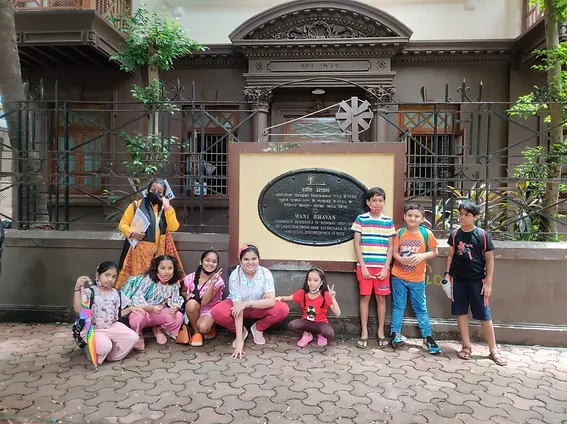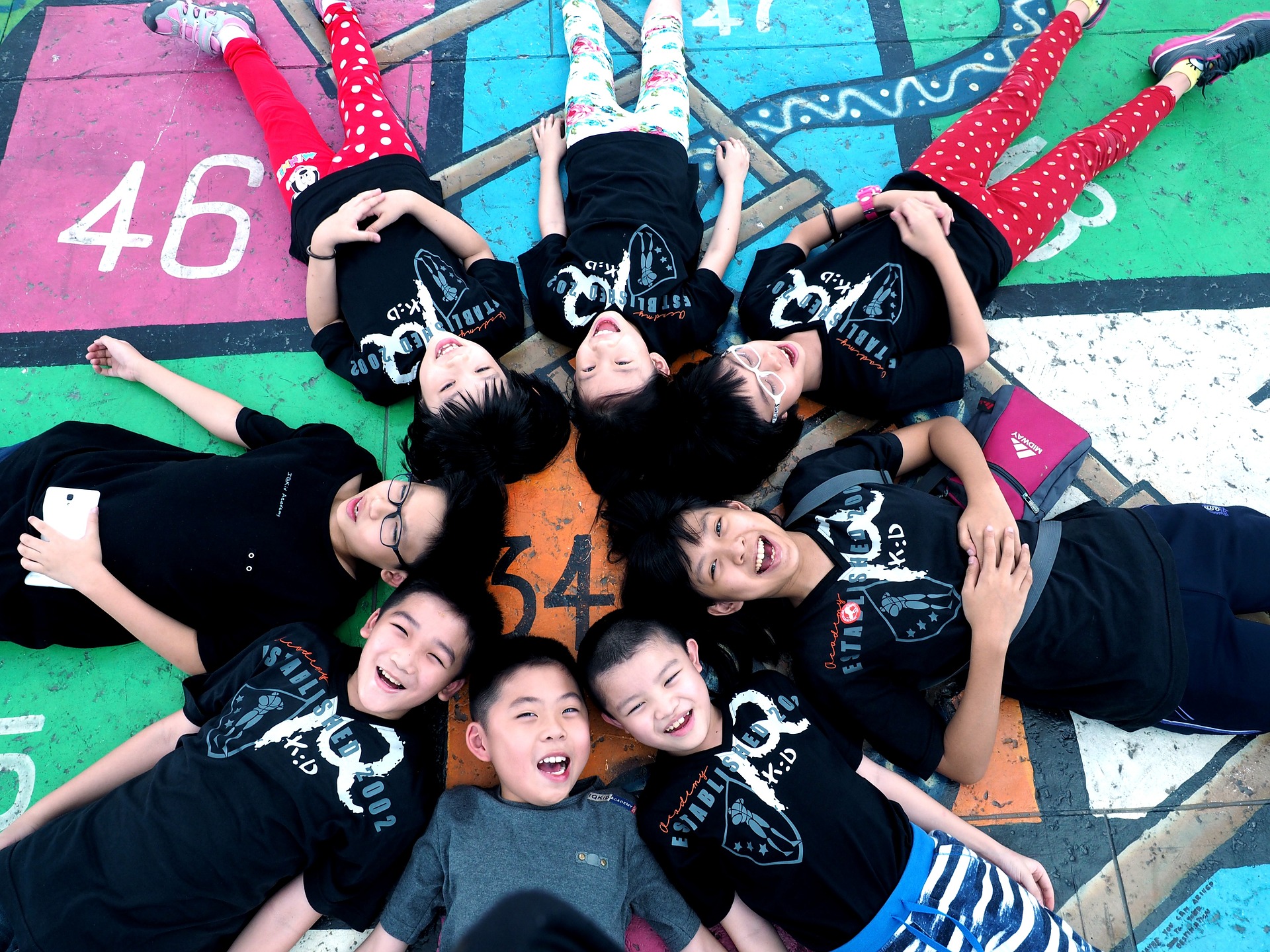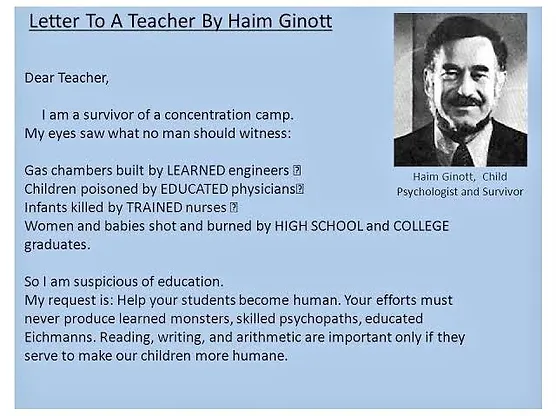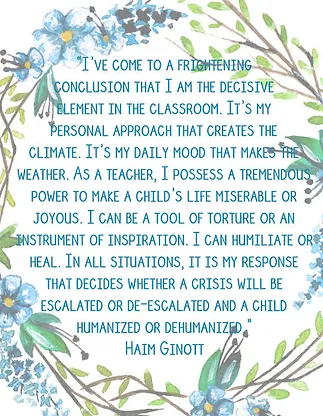Circle Time
I’ve had a lot of fun teaching mainly in South Bombay schools like Alexandra, Queen Mary’s, J B Petit, Bombay International and Cathedral and the Aga Khan Schools- among others since 1981 and Kodaikanal International School. I’ve taught many hundreds of “monkeys” – as I like to affectionately call my students – over the years and now their little and big “monkeys” come to learn Writing from me. (Now you can guess how old I am!)I hold an MA in English Literature, a B. Ed from Bombay University and an M. Ed from the Graduate School of Education, University of Bristol, UK , where I studied on a Commonwealth scholarship (1995-96). (As you can see, I have been quite a studious owl myself.) I LOVE English and all languages, and helping kids discover that writing can be a lot of fun. Teaching kids to feel confident and to care for each other using Circle Time is something I also feel happy doing. I trained for that and completed a pilot study of Circle Time in four Bombay schools – under Jenny Mosley at Bristol University in 1998. Since 1999, I’ve trained teachers in Circle Time strategies through workshops in Bombay, Pune, Bangalore, Chennai and Punjab. I was a trainer with the WATIS (Wipro Applying Thought in Schools) programme in Bangalore too and trained teachers in the area in over 50 schools all over the country and participated in and read papers at various national and international seminars. I offer my Circle Time consultancy to schools in the area through The Fourth R Training and Resources – as the fourth R – Relationships/ Emotional Intelligence – is a much neglected area in our schools today. I’ve also just started some work with street kids in this field. The thing that keeps me going daily though, are year -long Creative Writing classes at my centre for children aged 7-14. I conduct holiday workshops as well – happy ones where we chatter and laugh – and also by the way – do some writing work. Our Writing classes are mostly cheerful but sometimes though, I do growl and snarl and then I am not such a pleasant person – more of an ogress or a Cruella De Ville who gives homework and insists on corrections – but then all teachers are this sometimes, (right kids?!)
That’s enough about me. Enjoy the kids’ work!
As part of our 75 th Independence Day celebrations a few of us decided to visit Bapu’s home when he was in Mumbai : Mani Bhavan, August, 2022. We were moved most by the simple beauty and minimalism of his room with his charkha khadaus small desk and bed. Depth of character can be seen in simplicity as much as depth of thought in simple writing!

About the Circle Time model offered by The Fourth R
Some important facts about Circle Time, and the Circle Time consultancy offered by The Fourth R:
Circle Time is not new
There are many models of Circle Time available internationally, as Circle Time is a generic term, and one that is nearly a century old. Various practitioners, including great educators such as Madame Montessori and Froebel, have used the Circle structure for different purposes. (Please see separate sheet on the antecedents of Circle Time.) No one person can therefore claim to be a pioneer or originator of the concept of Circle Time, though there are many models available.
There are many models of Circle Time
The Fourth R therefore does not promote any one model of Circle Time, while it suggests a certain order of activities within the Circle that it has found most suited to schools in the urban Indian setting.
There are many educational uses of Circle Time
Research and practical work I have done over the last 10 years shows clearly that Circle Time is something that can and needs to be adapted to various educational settings and the differing needs of children and teachers across the world. The Fourth R shows teachers how to use Circle Time chiefly to develop Emotional Intelligence, but also for Value Education and to deliver the academic curriculum in a more creative, activity-based manner.
Circle Time training requires experience and extensive research
The Fourth R that I started in 2003, is not a quick-fix consultancy based merely on attending one workshop by a trainer and subsequently conducting workshops. The Fourth R strongly believes that work of this nature cannot be done in a superficial manner by simply taking information out of a 2 or 3 day workshop handout or the internet. Years of experience in working with children and adults, research into the effectiveness of such work and preferably also training in Counselling is required to make training truly effective. Working with the emotions of teachers and children is no child’s play.
Effective Circle Time training is based on intensive mentoring of teachers
This is why The Fourth R does not believe in merely conducting workshops that generate interest but do not lead to sustainable quality in practice thereafter.
Teachers are trained in Circle strategies by The Fourth R and then observed in the classroom over a period of a year or more with very detailed feedback to gauge their ability to work with children in this area and grow aware of their own styles of teaching and relating as well as their strengths and blind spots. Not all teachers are gifted to work naturally with children, so they need to be coached and mentored gradually, along with lesson plan support and guidance. Without these back-up strategies, there is no quality in the way Circle Time is conducted and it quickly degenerates into sermonising teacher-talk or is discontinued after initial enthusiasm when road-blocks appear, as they inevitably will.
The Fourth R trains teachers how to face challenges on the way, as Circle Time is a highly child-centred strategy, used in an educational system that is not.
The Fourth R has 10 years of intensive and extensive experience in training teachers in and researching Circle Time
I was introduced to this concept in 1995 while studying for my M. Ed. degree at the University of Bristol, UK, and I took 3 courses under Ms Jenny Mosley at the School of Education. The courses dealt with developing positive relationships using Circle strategies, using group work strategies and the Circle to work creatively with children in groups, and using it as a group counselling model. At the same time much of the theoretical underpinnings of Circle Time were studied, along with the original works and writings of various practitioners of this concept in different international contexts. For each of the above areas, I worked on extended research essays and projects to ensure that the theoretical aspects were understood and mastered.
Moreover I shadowed Ms Mosley as she worked in various schools in London and other parts of England, to understand how exactly one used these strategies with children of differing age groups and also how teachers could be trained in this area. I thus gained much practical exposure in school settings.
I also volunteered for 2 weeks in a school in Kent, England in 1998, working with a British colleague, using Circle Time with Primary children. Apart from this, attending and making presentations on Circle Time at various international and national conferences since 1998 has also made me aware of the larger picture and how this could be used most effectively in the Indian context.
I have introduced this concept to over 20 schools in various parts of India and set up systems in a few others over the last 5 years.
From 1995 to 1998, I conducted a pilot project as part of my M Ed research in 4 schools in Bombay to find out how teachers and children would actually respond to Circle work, and what advantages and limitations we could face in Indian schools while implementing Circle Time.
I bring all this as well as my own workshop experience and research over the last 10 years into my Circle Time work today.
I was for 3 years the only accredited trainer of Jenny Mosley Consultancies (UK) in India, and gave it up in 2003 to pursue my own work independently in this area.
In July 2000, I was instrumental in taking the initiative against great odds to bring Ms Mosley to India and liaising with schools and organisations such as The Aga Khan Education Service Bombay, Kodaikanal International School and Jagruti Teachers Centre Bangalore to hold workshops by her. It is at this time that the concept of Circle Time was introduced for the first time to schools in India. I have carried on this work since then, having seen the responses of children and teachers to this concept and the heartening results of actually practising it in schools.
Tell tale signs of difficult relationships in your school
This 17-page handout is used most effectively only by facilitators trained at an in-depth workshop by an experienced and qualified SAVE practitioner; Fourth R believes that this practice requires a high level of functioning from the trainer/facilitator, who also needs a firm grounding in Counselling Skills. SAVE facilitators must always remember that dealing with children’s and adults’ feelings is not child’s play



